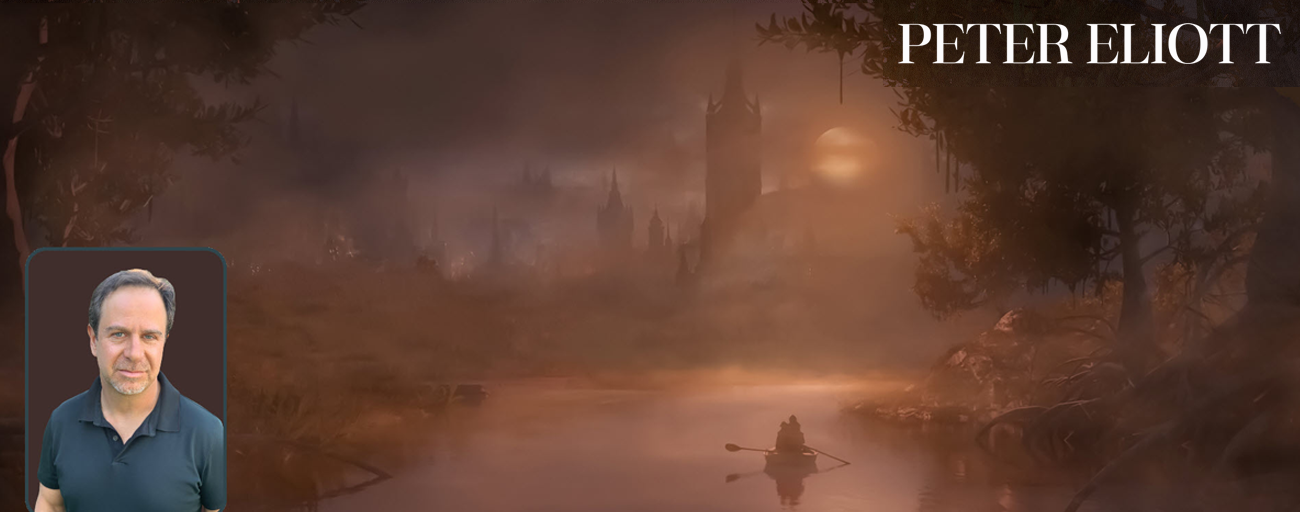
A publishing professional recently told me that my work was “meticulous,” which I found particularly flattering. I was flattered because in days of irresponsible yonder, I went about most things in my life with exuberant messiness, and this extended to writing.
When embarking on a project, I wanted to get right to the exciting stuff—the big events, the snappy dialogue, the twists—and I didn’t particularly feel like laying the painstaking groundwork, fleshing the imagined world out to such a degree that the entire thing lived and breathed.

However, as the years passed and I read the classics, I noted the extent to which those authors went the extra mile. They didn’t simply build their literary realms, they inhabited them, and in that transported state, produced words of such authenticity that one could think back on the book years later and remember the whole thing as if it actually happened. I knew that this was what I wanted to achieve in my own writing, and while I can’t say that I’m always successful, I know I always try.
Whether you are a writer, an artist of another sort, or simply someone who takes pride in their work, I’d like to make a strong plug for being meticulous. There is something so enriching about going all out, about thinking everything through, pushing the limits over and over again until the best possible product emerges.
If you are creating a fantasy, work out every last detail—politics, geography, currencies, language…etc—or if you are setting your work in this world, throw everything you’ve got into the research. When it comes to the craft itself, there’s no substitute for working the art over and over again, scouring it for inconsistencies, scrubbing out as many kinks as possible. Perfection may not be attainable, but the pursuit of perfection is.

In case all of this seems overwhelming, and you find yourself resisting rigor on that scale, my advice is to think in terms of doing “just a little bit more.” That’s what I did. I told myself: “just spend a few hours with a notepad, jotting down legal statutes, relevant symbolism, tonal elements that make sense…etc.” I didn’t scare myself with the full scope of what lay ahead, but rather thought in terms of bite-sized chunks. Most of us can handle things when they come in small pieces, so I encourage you to think in those terms.
After all, Rome wasn’t built in one day…
Sullward, the city where my stories are set, definitely wasn’t either.
Best,
Peter

